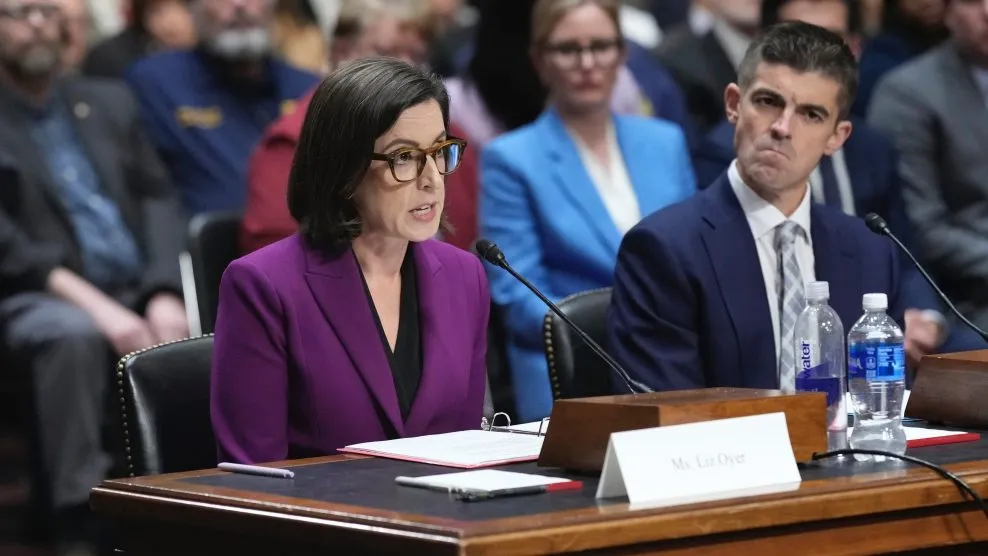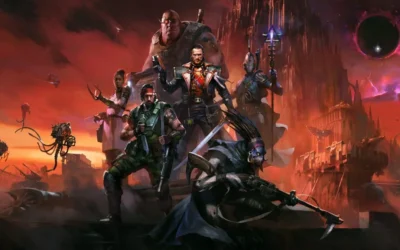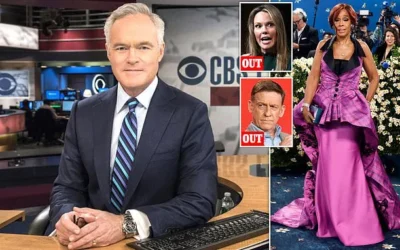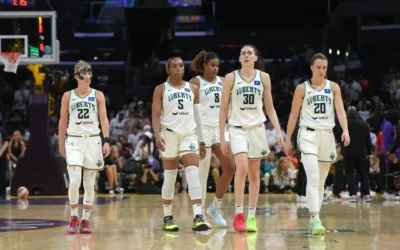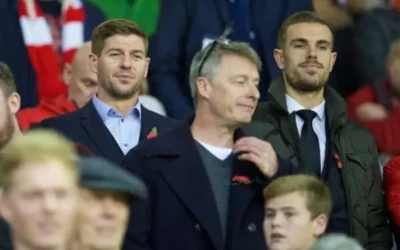The Gun Control Controversy: How Mel Gibson Became a Central Figure in a Trump Administration Firing
The intersection of celebrity culture, gun rights, and political maneuvering reached a surprising apex when news broke about Mel Gibson’s entanglement with a Department of Justice official. The details surrounding Gibson’s request to regain access to his firearms after a past related to domestic violence predicated a wider discussion on gun control, celebrity entitlement, and the decision-making processes within the Trump administration.
Background of the Incident
Mel Gibson, the renowned actor, director, and producer, has been a controversial figure for decades. His career has been marred by allegations of domestic violence, anti-Semitic remarks, and various other issues that have often relegated him to the shadows of Hollywood for extended periods. Despite this tumultuous history, Gibson has managed to maintain a significant presence within the film industry, regularly taking on high-profile projects and collaborating with major studios.
However, a cloud of controversy hung over Gibson when he was denied a request to regain possession of his firearms. The refusal came from an unnamed administrative official within the Department of Justice, echoing long-standing concerns about the risks posed by granting firearm access to individuals with a history of violence.
The Denial of Gibson’s Request
The official’s decision to deny Gibson his firearms was primarily based on a previous history, which included allegations of domestic violence that had been publicly documented. Despite Gibson’s attempts to argue for the restoration of his rights, the DOJ official stood firm in prioritizing public safety—a move that many advocates of gun control would laud as a responsible action.
This denial, however, did not go unnoticed and would later become a focal point for political backlash. Official channels emphasized the norms and practices of evaluating individuals seeking access to firearms, specifically noting the need to weigh the potential risks versus rights.
The Trump Administration’s Response
The political fallout from this incident escalated dramatically once it was revealed that Mel Gibson’s situation became a talking point within the Trump administration. Allegedly, the incident caught the attention of influential members of Trump’s circle, leading to a campaign to address what some perceived as political correctness gone awry.
Just days after the denial of Gibson’s firearms request, reports ensued that the same DOJ official had been terminated under dubious circumstances. The official’s firing prompted accusations of politicization within the ranks, indicating that their decision to deny Gibson his firearm access was against the current administration’s ethos, which often showed leniency towards public figures.
Public Reaction and Controversy
The public response to the incident was mixed. Advocates for gun control saw the DOJ official as upholding the law while the entertainment industry and some conservative commentators positioned the dismissal as an attack on free speech and a fundamental misunderstanding of the Second Amendment.
This reaction mirrored the broader divide regarding gun control legislation in America. The gun debate has been a contentious issue for years, and Gibson’s situation highlighted how intimately intertwined celebrity culture and political agendas can become in such discussions.
Exploring Gun Rights and Domestic Violence
Central to this controversy is the ongoing debate around gun rights for individuals with histories of domestic violence. In many states, individuals like Gibson can appeal decisions regarding firearm access despite prior allegations or charges. Critics argue that the current framework allows potentially dangerous individuals to possess firearms legally.
According to data from the Violence Policy Center, states that have looser restrictions allow significant numbers of individuals with domestic violence histories to have access to firearms, leading to potentially tragic outcomes. The Gibson case brought additional scrutiny to these laws and the enforcement of existing gun regulations in a climate already riddled with confusion.
The Political Implications
This incident has ignited discussions on the political implications of the firing within the Trump administration. Many critics have posited that such actions reflect a broader narrative: that loyalty to celebrity culture often outweighs ethical governance, particularly under the Trump presidency.
Political Loyalty vs. Public Safety
Some political analysts argue that this episode underscores an inherent conflict within the Trump administration—between maintaining a populist image and addressing the concerns of public safety. With celebrity influence playing an ongoing role in American society, how governance interfaces with the demands and habits of those individuals often tells a larger story about administrative priorities and accountability.
Lessons Learned
The fallout from this situation has sparked critical conversations about the standards of firearm possession and the role of celebrity in shaping public policy. If nothing else, the Mel Gibson saga exemplifies how the overlapping realms of celebrity, politics, and societal norms shape our understanding of safety and responsibility.
Moreover, it emphasizes the continuing struggle over gun rights in the United States. Advocates for stricter laws and closer scrutiny of firearm access for individuals with problematic histories may gain traction as more high-profile incidents bring attention to this important issue.
Conclusion
The firing of the DOJ official involved in Mel Gibson’s denied gun request serves as a compelling case study in the complexities of governance, political influence, and celebrity culture in America. As the nation grapples with issues of violence, rights, and public safety, the conversations sparked by this incident are likely to resonate well beyond the immediate circumstances surrounding Gibson.
In the end, the intersections of celebrity, gun rights, morality, and accountability not only reveal the true nature of the American political system but also teach critical lessons on the importance of standing firm on principles of governance—regardless of the profile or prominence of the individuals in question.

